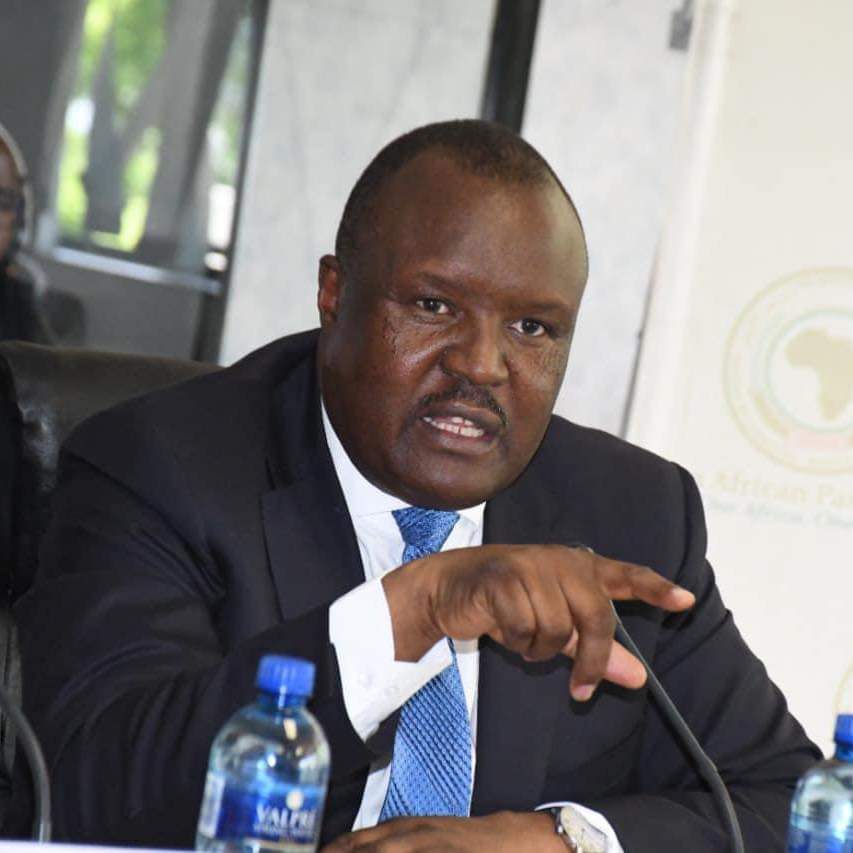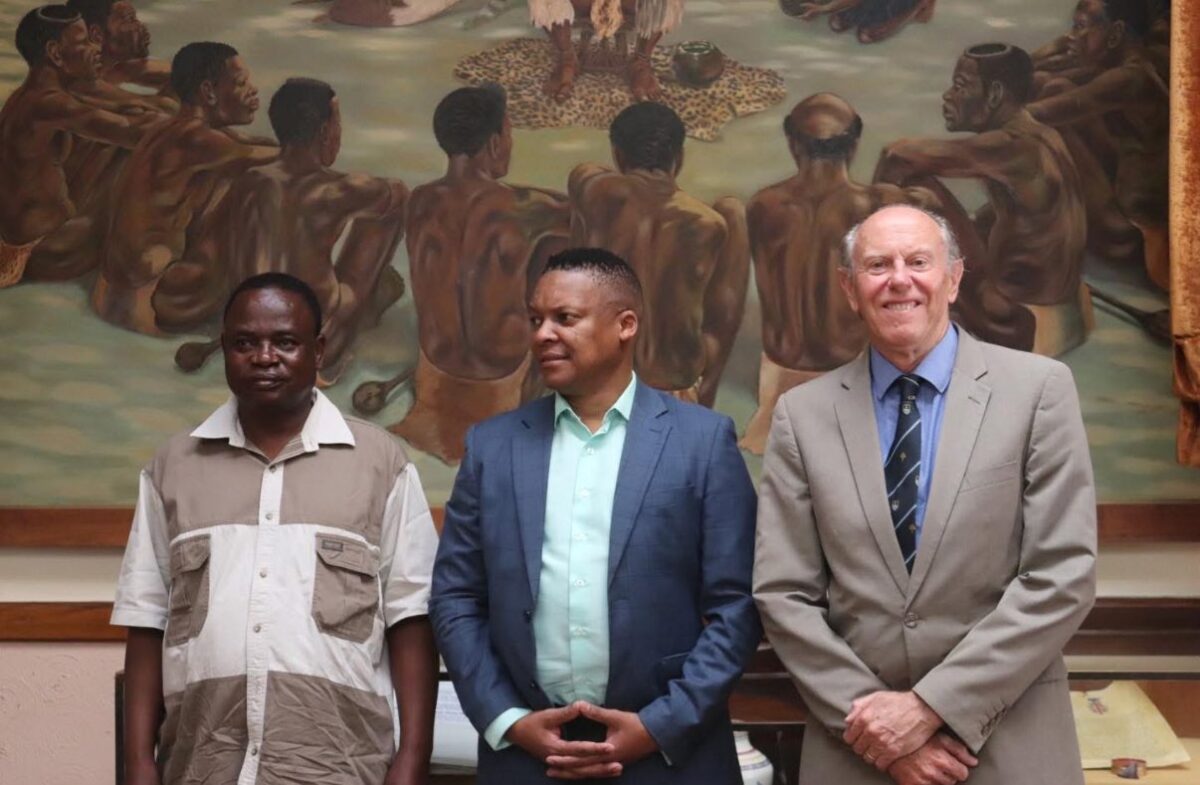BULAWAYO – Zimbabwe Council of Chiefs deputy president, Chief Fortune Charumbira says the killing of civilians in Matabeleland and Midlands provinces under a government operation code-named Gukurahundi early years of independence should not be classified as genocide.
The Zanu PF politician was responding to questions from media editors at the ongoing Gukurahundi sensitisation workshop in Bulawayo.
The workshop has been called ahead of the much-anticipated rollout of hearings to be spearheaded by traditional chiefs within communities under a programme coordinated by government.
Gukurahundi is often described as politically motivated mass killings that took place between 1982 and 1987, during Zimbabwe’s post-independence political upheaval in Matabeleland.
Independent estimates have placed the number of civilian deaths at least 20,000.
Until this day, government is yet to come up with its own figures to controvert the claims.
The killings remain the bloodiest period ever since independence in 1980.
Charumbira denies the killings amounted to genocide and has warned the media not to classify it as such until the hearings are done away with.
“It’s not genocide and it should not be classified as such until the whole processes are concluded,” Charumbira said.
Charumbira also defended government’s decision to exclude the Catholic Commission for Justice and Peace, which took the lead in resisting the state sponsored killings.
“We are doing this the traditional way. We will see if we need their records,” he said.
He said only the Council of Chiefs and the Office of the President were conducting the processes.
The council added that it is contemplating inviting Rwanda to assist in the hearings.
“Rwanda people can use their story where one million people were killed in three months,” he said.
Speaking at the same event, Information, Publicity and Broadcasting Services secretary Nick Mangwana appealed for responsible media coverage around the emotive subject.
“The Gukurahundi programme will take a year and the Council of Chiefs will spearhead the programme going into relevant communities.
“We call for responsible media coverage of this sensitive subject and appeal to the media practitioners to put national interests ahead of newsroom priorities,” he said, adding, “We are at a stage of reconciliation and engagement.”
The decision to revisit the Gukurahundi massacres comes after the Emmerson Mnangagwa led administration acknowledged the need to put some finality to a subject that continues to bring tensions within the country to this date.
In October 2022, Mnangagwa launched a manual on the Gukurahundi community engagement processes by chiefs, including a report on their consultative meetings.
Traditional leaders crafted and adopted the Gukurahundi manual to guide the holding of public hearings.
The manual, which is a product of inclusive engagements between chiefs and various stakeholders, is a culmination of traditional leaders’ meetings with Mnangagwa, which started in March 2019.
















